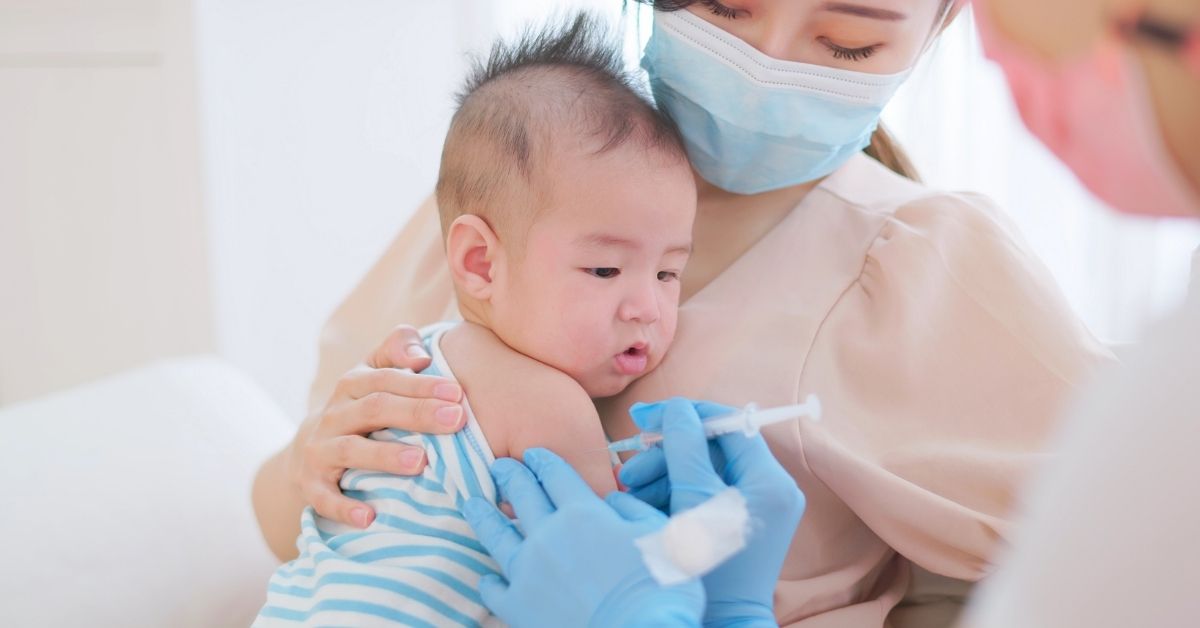In recent years, the alarming rise in pollution levels has become a pressing global issue, particularly concerning its impact on children's development. As cities expand and industrial activities increase, the air our children breathe has become increasingly toxic. This blog explores the severe consequences of pollution on children's health and development, highlighting credible information and statistics that underscore the urgency of this crisis.
The Scope of the Problem
According to the World Health Organization (WHO), more than 90% of the world's children breathe air that is so polluted it poses serious risks to their health and development. This translates to approximately 1.8 billion children under the age of 15 exposed to harmful pollutants daily. In fact, in 2016 alone, around 600,000 children died from acute lower respiratory infections linked to polluted air. The statistics are staggering; nearly 93% of children live in environments with air quality that exceeds WHO guidelines for fine particulate matter (PM2.5) levels.
Types of Pollution Affecting Children
Pollution manifests in various forms, each with distinct impacts on children's health:
- Air Pollution: This includes both ambient (outdoor) and household air pollution. Children are extremely vulnerable due to their higher breathing rates and developmental stages. Pollutants like nitrogen dioxide (NO2), sulfur dioxide (SO2), and particulate matter (PM) can lead to respiratory issues, reduced lung function, and even long-term health problems like asthma and cardiovascular diseases.
- Water Pollution: Contaminated water can lead to gastrointestinal diseases, which are particularly harmful to young children. Exposure to heavy metals (lead) can also result in developmental delays and cognitive impairments.
- Soil Pollution: Pesticides and heavy metals in soil can affect food safety, leading to health issues when consumed by children. This exposure can impact growth and neurological development.
The Impact on Development
The effects of pollution on children's development are profound and multifaceted:
- Respiratory Issues: Children exposed to high levels of air pollution are at an increased risk for respiratory infections, including pneumonia and bronchitis. Studies show that air pollution contributes significantly to acute lower respiratory infections, which account for over 50% of such cases in low- and middle-income countries. Long-term exposure may lead to chronic conditions like asthma, which affects approximately 9.4% of children in Europe alone.
- Neurodevelopmental Consequences: Research indicates that exposure to polluted air can adversely affect neurodevelopment, leading to lower cognitive test outcomes and impairments in mental and motor development. A study highlighted by Stanford University found that even short-term exposure to pollutants could alter gene regulation in children, potentially increasing their risk for heart disease and other ailments later in life. Furthermore, there is growing evidence linking air pollution with developmental disorders like autism spectrum disorder.
- Behavioral Issues: Pollution does not only affect physical health; it also impacts mental well-being. Children exposed to high levels of air pollution have been found to exhibit increased rates of anxiety and depression. The stress associated with living in polluted environments can hinder their emotional development.
- Educational Impact: The presence of pollution near schools can disrupt education by affecting attendance rates and concentration levels among students. For instance, schools in heavily polluted areas may close temporarily due to unsafe air quality conditions, depriving children of valuable learning opportunities. Studies have shown that cleaner air could improve a child's working memory by up to 6%, equivalent to four additional weeks of learning per year.
Addressing the Crisis
Given the severe implications of pollution on children's health and development, immediate action is required:
- Policy Changes: Governments must prioritize clean air initiatives by regulating emissions from industries and vehicles. Implementing stricter environmental policies can significantly reduce pollution levels.
- Community Awareness: Raising awareness about the dangers of pollution is crucial. Communities should advocate for cleaner energy sources and promote practices that minimize environmental impact.
- Parental Involvement: Parents play a vital role by ensuring their children spend time outdoors in clean environments and advocating for policies that protect public health.
- Investment in Clean Technologies: Transitioning to renewable energy sources can mitigate pollution levels significantly. Investments in clean technologies not only benefit public health but also contribute positively to economic growth.
Conclusion
The impact of pollution on children's development is a grave concern that cannot be ignored. With over 90% of children exposed to toxic air daily, the consequences range from respiratory diseases to cognitive impairments and behavioral issues. As a society, we must recognize the price of progress—cleaner environments are essential for our children's future health and well-being. By taking collective action now, we can ensure that every child has the opportunity to grow up healthy, happy, and free from the detrimental effects of pollution.








